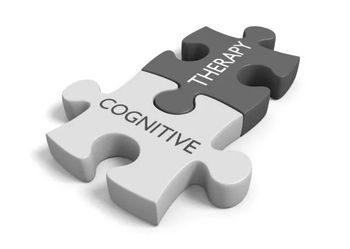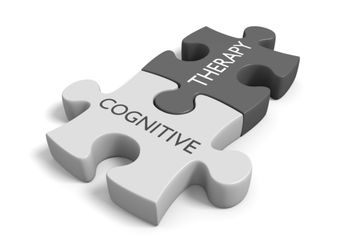
Cultivating hope in therapy enhances resilience and empowers patients to overcome mental health challenges and achieve their goals.

Dr Beck is president of Beck Institute for Cognitive Behavior Therapy in Bala Cynwyd, Pennsylvania, and a clinical professor of psychology in psychiatry at the University of Pennsylvania in Philadelphia.

Cultivating hope in therapy enhances resilience and empowers patients to overcome mental health challenges and achieve their goals.

Judith S. Beck, PhD, and Janeé M. Steele, PhD, engage in a conversation about how clinicians from all backgrounds can address issues of race in session and also empower Black patients with a sense of personal pride in their identities.

Learn more about how cognitive behavior therapy can be used as a healing tool in marginalized communities.

Where does CBT stand today, nearly 60 years after its inception?

Every time you take the long view and act in alignment with your values or aspirations, you strengthen the self-control part of your brain.

New Year’s may be a customary time to start improving your life—but think how much better you will feel if you start today.

When experiencing challenges with a particular patient, how can you repair the rupture in the therapeutic alliance?

Judith Beck, PhD, talks Cognitive Behavior Therapy, clinical tips, and the work of her father, Dr Aaron Beck.

Judith S. Beck, PhD discusses the importance of the therapeutic relationship in CBT. She discusses strategies for developing and maintaining a strong therapeutic alliance and explains how to overcome challenges and repair ruptures.

A significant number of patients have some degree of personality pathology that can interfere with treatment, whether they receive medication or some form of psychotherapy. But how can clinicians develop a strong therapeutic alliance with patients who have personality disorders? An expert explains.

Published: September 8th 2014 | Updated:

Published: October 3rd 2019 | Updated: